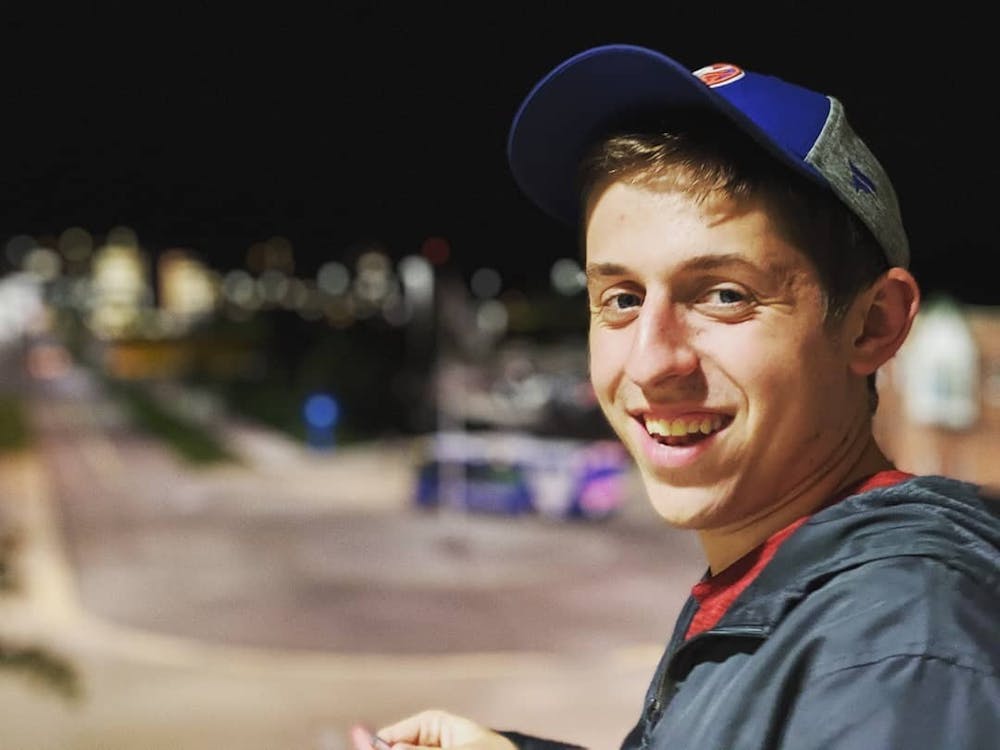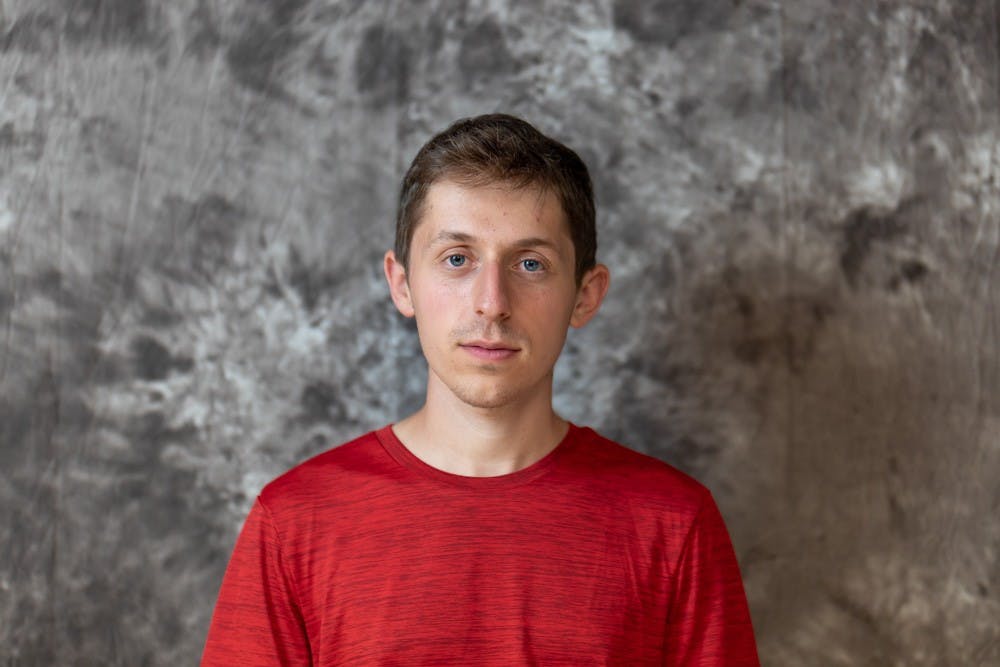Before COVID-19 raged across the U.S., killing hundreds of thousands of Americans and hospitalizing millions more, I was a public health student.
“You’re a what?” my friends would ask, in the fall of 2019.
“I’m a public health student,” I’d respond.
“What’s that?” they’d reply.
Suffice it to say, few people have that question now, after the hellish year-and-a-half we have been through as a society.
Most people today have, at minimum, heard of this field. Many have strong opinions about the people dictating health policies like masks, quarantine and vaccines.
But almost nobody — including many within the field — acknowledges that there is so much more to public health than communicable diseases.
There’s excessive alcohol consumption, food safety, motor vehicle injuries and prescription drug overdose.
And then there’s the mental health crisis, which I would argue is just as much of a public health crisis as infectious diseases like COVID-19.
And yet nobody talks about it that way. That’s a darn shame.
I say it’s time we change that.
I say it’s time we start treating mental health like COVID-19: with the seriousness and urgency that it deserves.
When it comes to the pandemic, we have employed an upstream approach, mandating vaccines, requiring masks indoors and encouraging social distancing.
We have plastered signs around campus listing symptoms, resources and contacts. We have conducted full-scale media blitzes, placed emergency protocols in syllabi and prepared for the worst-case scenario.
We have been very proactive when it comes to combating this disease — and rightfully so.
But where’s that same fervor when it comes to mental health?
Why aren't we treating mental illness with the same energy we bring to COVID-19? Where is the upstream, all-hands-on-deck approach designed to catch students before their mental health spirals out of control?
We should be plastering signs around campus extolling the importance of counseling, and we should be properly funding our counseling services.
We should be having a serious conversation about implementing mental health days — similar to sick days — that students can tap into if things get really rough.
We should consider bold and innovative strategies to combat one of the scariest and most prevalent illnesses in existence.
Simply put, we should treat mental health as the public health crisis it is.
I feel like a broken record at this point, but every semester is the same story: students start off with a ton of energy and excitement, and then boom, they hit a major rough patch.
Some have the support and resilience to get through it; others don’t. It's that latter group that keeps me up at night, because we’ve seen this end in tragedy too many times before. It feels as if once a semester, we all receive an email from the university confirming our greatest fear.
September is Suicide Prevention Month, and we’ve all seen the stories of students across the country — including at UB — who feel like they have no other choice.
It breaks my heart into a million pieces and pains me to no end.
I also think of all the students who are suffering in silence, who feel an empty pit in their stomach when they return home to the dorms each night, who are overwhelmed by the significant demands of being a student and a child and a friend and an employee, who feel as though nobody understands them.
I think we’ve all experienced the visceral feeling of being alone, of trying to navigate an unfamiliar terrain while feeling physically ill to our stomach.
I think we’ve all had our bad days, when the world seems to be working against us and all we can do is fight to see the next one.
And I know we’ve all been affected by this crisis in personal and profound ways. Maybe it’s a roommate, or a friend, or a family member, or a colleague, or one’s self, but everyone on campus knows somebody who is just trying to make it through the day.
I see it every day on this campus, in the faces of strangers on the Stampede, in the pages of this publication, in the voices of my friends who are struggling to stay afloat.
If we’re trying to maintain a safe distance from people who have COVID-19, I think it’s our responsibility to bridge the difference with people who are feeling lonely or overwhelmed.
If we see masks as essential to keeping us — and others — safe from the virus, then I don’t think we have an option but to see genuine human connection as essential to keeping us — and others — safe from mental illness.
And I believe that if as a university, our response to the COVID-19 pandemic is to do everything we can to catch susceptible students before they reach others, then we have a moral and legal responsibility to treat the mental health epidemic in the same way and catch susceptible students before they spiral out of control.
It's on all of us to make mental health the public health priority it so desperately needs to be.
Justin Weiss is the managing editor and can be reached at justin.weiss@ubspectrum.com

Justin Weiss is The Spectrum's managing editor. In his free time, he can be found hiking, playing baseball or throwing things at his TV when his sports teams aren't winning. His words have appeared in Elite Sports New York and the Long Island Herald. He can be found on Twitter @Jwmlb1.





